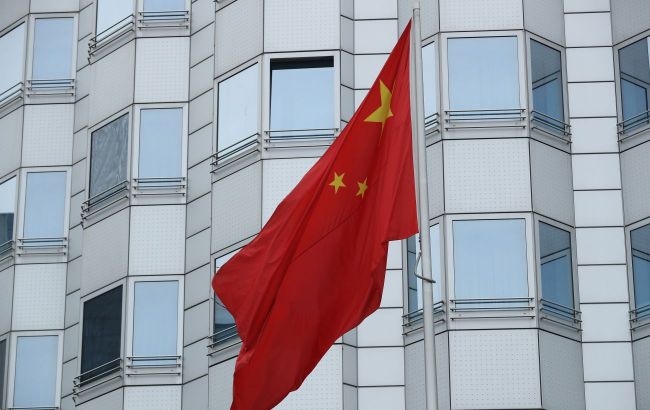China's economic woes yield global economic benefits - Bloomberg
 Problems in China are beneficial for the whole world (Photo: Getty Images)
Problems in China are beneficial for the whole world (Photo: Getty Images)
According to Bloomberg, China's descent into deflation is causing instability across global financial markets. However, financial experts assert that this might not necessarily be a negative development.
The decline in prices in the world's second-largest economy is likely to lead to cost reductions worldwide due to China's status as a global factory, note EdenTree Investment Management and Gama Asset Management SA. The softening of inflation will enable central banks to refrain from further interest rate hikes and potentially transition towards easing measures to support the growth slowdown.

The prospect of global price pressure deceleration could be one of the positive outcomes of China's plunge into deflation, as the economy vigorously strives to regain its footing. Inflation is likely to remain restrained as the real estate market slump and issues in China's shadow banking sector constrain expenditures and investments for both consumers and companies.
“A weak China might bring forward the peak in monetary tightening,” said Christopher Hiorns, portfolio manager at EdenTree Investment. “It would also reduce demand for commodities, which would reduce inflation pressures and may allow Western economies to run ‘hotter.’”
Global inflation and Central Bank rates
Inflation in the US and other countries accelerated in the years following the pandemic, reducing consumer purchasing power and prompting central banks to raise interest rates. China's complex situation, due to a range of factors including a prolonged real estate market slump, eroded confidence and reduced expenditures. In 2023, prices for Chinese goods in the US were dropping on a monthly basis.
"The positive aspect lies in the fact that slight deflation and sluggish growth in China will further alleviate inflation in the rest of the world," said Rajiv De Mello, who manages the global macroeconomic portfolio at Gama Asset Management. However, he added that the growth slowdown in China will also lead to deceleration in Asia and Europe.
De Mello told Bloomberg that China's export of deflation is advantageous for bondholders and assets in developing markets.
Undoubtedly, the impact of Chinese deflation on the world's largest consumer, the US, and other trading partners might be modest and short-lived. US purchases of Chinese goods have diminished, and Russia's conflict with Ukraine is driving up prices for commodities such as oil.
Given the current trajectory, China's softened growth could influence the US economy or the calculations of the Federal Reserve. This might prompt the Fed to lower interest rates earlier than expected.
Furthermore, further stimuli from the Chinese authorities could help arrest the economic downturn and reduce prices. The People's Bank of China unexpectedly lowered its key interest rate to its highest level since 2020 on July 15th, reflecting mounting concerns over worsening prospects.
“The weakness of the Chinese economy and the apparent deflation are a clear dampener of global inflation,” said Gary Dugan, chief investment officer at Dalma Capital Management Ltd.
China's issues and the US position
US Treasury Secretary Janet Yellen labeled China's economic problems a "risk factor" for the US, although this hasn't greatly undermined her optimism about the American economy.
"China's growth slowdown will impact its Asian neighbors, but there will be some consequences in the United States as well," Yellen said.
Earlier, US President Joe Biden referred to China's economic problems as a "slow-acting bomb" and labeled leaders of the Communist Party as "bad actors."

